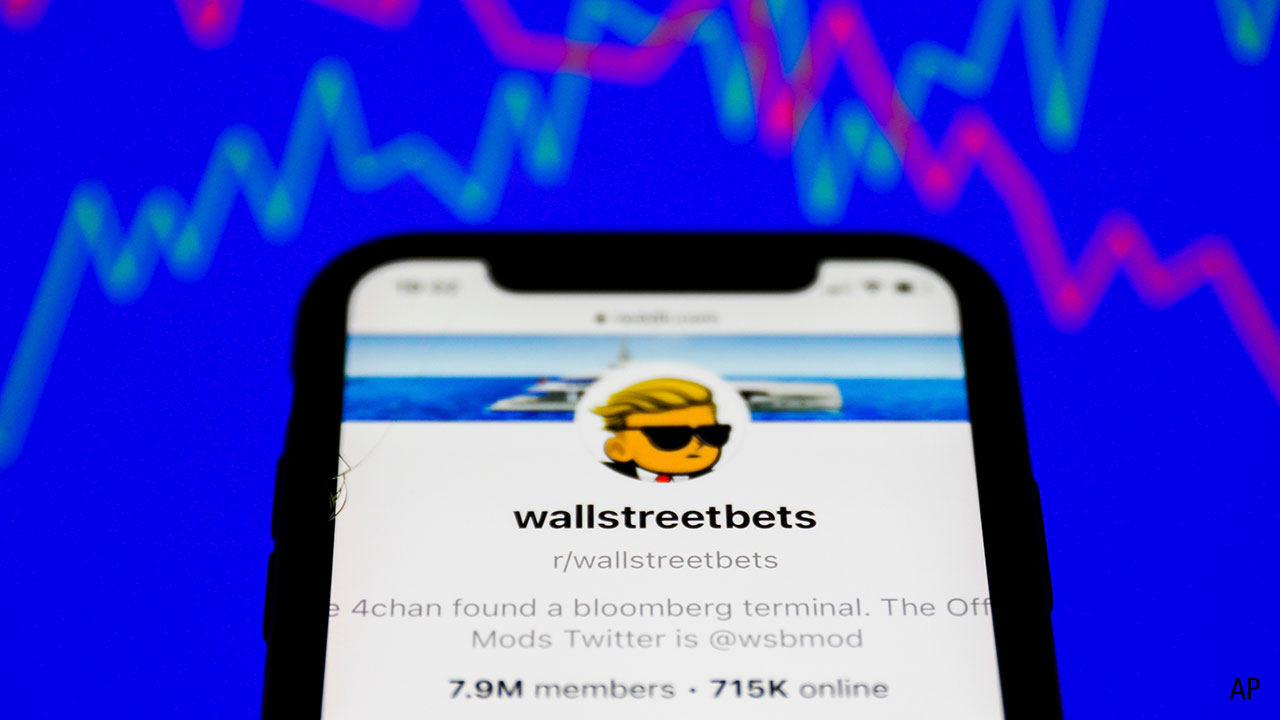Susan Dziubinski: Hi, I'm Susan Dziubinski with Morningstar. Although the stock market has experienced some volatility this year, market watchers are saying that we're headed for a stock market bubble. Joining me today to discuss the topic is Christine Benz. Christine is Morningstar's director of personal finance. Hi, Christine. Thank you for being here today.
Christine Benz: Hi, Susan. It's great to be here.
Dziubinski: So, are we in a stock market bubble, in your opinion?
Benz: I think you can look at it in a few different ways. One is starting with market valuation, and if you look at a measure like Shiller PE, which is a cyclically adjusted price earnings ratio for the whole market, for the whole U.S. market, you can see that we're about double the historic medians and averages for Shiller PE. So, that's lofty. And we're back near where we were in the late '90s, which is the last time that Shiller PE peaked out. So, that's a worrisome sign.
When we look at the Morningstar's price to fair value for all of the companies in our coverage universe, it's a little bit less worrisome. I would note that it's a global coverage universe. So, arguably, lower valuations overseas bring that down a little bit. But it's less of a warning light being flashed by that measure.
One other thing that I pay attention to, though, Susan, is that when you look into the price to fair values for various parts of the market, you see some overvaluation in certain segments. So, in small- and mid-cap growth stocks, in certain sectors like technology, it does appear that stocks are pretty expensive.
And finally, when we look at investor behavior, one thing we know, for those of us who have been paying attention to some of the newbie investors getting into the market, is that we've got a lot of novice investors who seem to be engaging in some speculative behaviors. And so, all of those point to risk factors for a bubble, especially concentrated in some of those areas where there does seem to be speculation.
Dziubinski: And you've noted that, in markets such as these, investors are perhaps a little bit more likely to make some mistakes. What are the things that investors should not be doing right now?
Benz: I think a key point I would make is, don't go to extremes. So, one interesting thing about the rally that we've been living through is that there's sort of been this self-perpetuating quality in some of the stocks that have performed best. So, if you've bought them, you've done well. You've continued to do well. My advice is to not expect that to continue to work as an investment strategy. Past performance is rarely a good signal that you'll do well in the months and years ahead. So, be careful with the performance-chasing because I see a fair amount of that going on. Also, resist the urge to get too defensive. So, even though you hear that there could be some warning signals, some reasons to be cautious, resist those all or nothing moves where suddenly you're out of stocks altogether, you're in bonds, you're in cash.
One thing we know from surveying the universe of professional tactical asset allocators who jockey among different asset classes is they don't do particularly well with those moves. And to me that really casts doubt on whether we as individual investors--who aren't doing this for a living--can successfully pull off those kinds of shifts. So, resist the either/or mentality.
Dziubinski: Would you suggest at this point that investors do nothing?
Benz: Well, some investors, perhaps, that is the right course. I think the key thing you want to think about is, When was the last time I made any changes to my portfolio? And if you've been very hands-off, that has redounded to your benefit, especially if you've had stocks in your portfolio, but if you haven't rebalanced recently, that would be something I would consider. Because rebalancing is a same way to address when the market has moved extremely in one direction or another. So, if you haven't rebalanced recently, I would advise you to do that. Check up on your portfolio's asset allocation today using a tool like Morningstar's Instant X-Ray and compare that to your target allocation. So, that would be the starting point. I think that that's a good kind of chicken way to address frothy markets to ensure that your portfolio isn't overexposed to those frothy parts of the market.
Dziubinski: Is there anything in particular perhaps pre-retirees, those sort of on the precipice of a retirement, might be doing today or thinking about today so that, if there is a down market, their portfolio doesn't get swept up in that?
Benz: Well, this is such an important point, Susan, and that is the group who needs to be especially cognizant of what's called "sequencing risk." And what that means is that your goal date is getting closer. You're getting close to spending from that portfolio you've worked so hard to save. So, it makes sense at that life stage to secure a portion of your portfolio so that it's not all rattling around at the time that you get close to spending it down. So, for that group, I would say de-risking at least a portion of the portfolio is mission critical. That means rebalancing back to a reasonable asset allocation given your proximity to retirement.
Dziubinski: And then, what about young investors? Should they be concerned that we might be in a bubble?
Benz: I think they want to be careful not to be too active in terms of managing their portfolios' allocations. For young folks saving for retirement, they probably want to have the majority of their portfolios in stocks. But I do like the idea of them taking a broad look at their portfolio, mainly with an eye toward evaluating their global exposure. I think there's a fair amount of data pointing to non-U.S. stocks being more attractively valued than U.S. today. So, for younger investors, I think the global market capitalization is a really reasonable starting point when deciding how much to have in non-U.S. relative to U.S. stocks. Right now, it's about 55% U.S., 45% non-U.S. Most young investors don't have that much in foreign stocks, and I think that that's a reasonable starting point.
Dziubinski: Well, Christine, thank you so much for your perspective today on investing in these interesting stock market times. Thank you.
Benz: Thank you so much, Susan.
Dziubinski: I'm Susan Dziubinski with Morningstar. Thank you for tuning in.





















